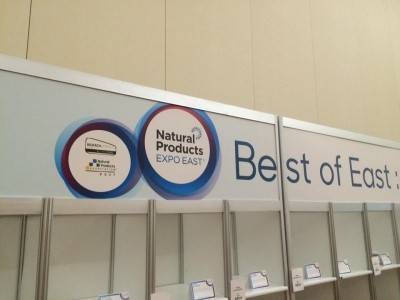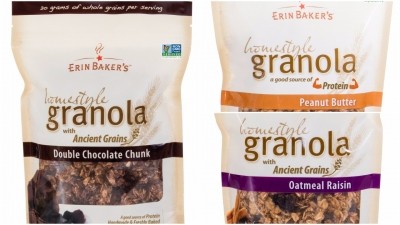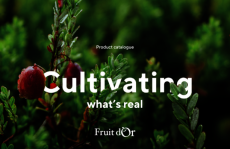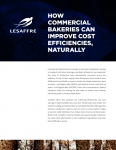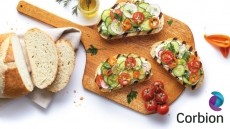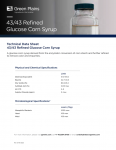Expo East 2016
Non-GMO Project verification moving to ingredient suppliers: FoodChain ID
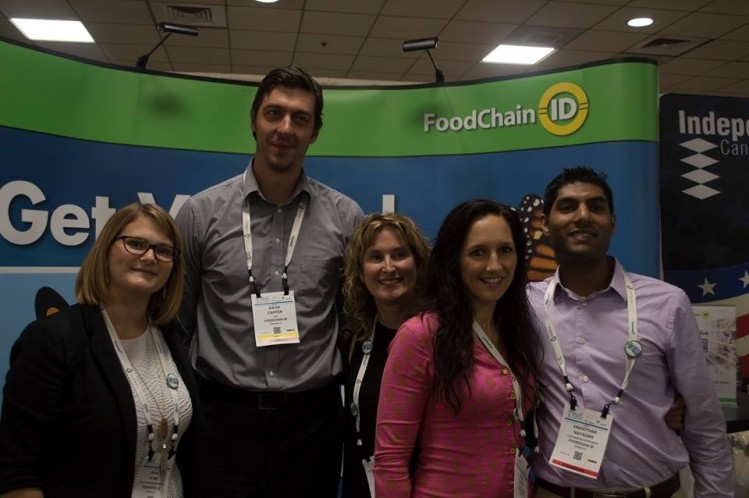
From the state of Vermont to the federal level in the US, non-GMO labeling has taken the food industry by storm, as an increasing amount of consumers are becoming aware of the term, and demanding more transparency.
Reports from market research firms, including Mintel, The Hartman Group, and Natural Marketing Institute show the usage of non-GMO food labels has increased significantly over the years, led by Gen X and Millennials at over 60%.
Speaking with ConfectioneryNews at Expo East recently in Baltimore, Maryland, the CEO of FoodChain ID David Carter said he is hoping to see more ingredient suppliers verify their products as non-GMO.
FoodChain ID is one of only four administrators in the US that verify products as non-GMO. It is also non-GMO Project’s first technical administrator and has verified over 26,000 products from every market sector, according to its website.
Among more than 26,000 products FoodChain ID has verified, confectionery, bakery and snack items make up over 50%. Other categories include beverage and dairy products, according to the firm’s website.
The other three non-GMO verification administrators include Where Food Comes From, SCS Global Services, and NSF International, according to Non-GMO Project.
“[The verification process] is pretty straight forward. Companies just need to provide very basic information about their products. We’ll review that information to determine what the cost will be,” Carter said.
“There is a licensing agreement [FoodChain ID] signed with non-GMO Project that provides the information and it is related to the use of non-GMO Project’s butterfly seal once the company achieves verification.”
Majority verification clients are brand owners
The majority of the non-GMO verification participants today are product owners at more of a retail level, Carter told ConfectioneryNews. They make up about 95% of FoodChain ID’s client base.
“So one of the major challenges to achieve verification right now is procuring the sufficient data and information on [food manufacturer’s] supply chain without necessarily having enrollment by their ingredient suppliers,” he said.
“We do see an increase in the enrollment from ingredient manufacturers and we want to continue to encourage that, because that will make the process easier for the entire supply chain.”
What’s the verification process like?
“Once a company is enrolled, it will provide data to our database, and we will review it for compliance,” Carter said.
Required data includes product labels, listing ingredients and ingredient statements. It will also include facility information, and FoodChain ID will review that information to see if an on-site inspection is necessary at the manufacturing facility, according to the administrator.
“Based on that initial review, we basically categorize ingredients in one of two camps: either low-GMO risk, which is generally approvable right off the bat, or high-GMO risk. High-GMO risk ingredients are a little bit more complicated based on the non-GMO Project standard. Then we’ll tell the client specifically if that ingredient is approvable or it needs further information or it needs a change,” Carter added.
In addition, the verified products still need to go through annual cycle review. Non-GMO Project standards are usually updated on an annual basis, according to Carter. So FoodChain ID needs to re-review product and ingredient information of the products it has verified in the past.
GMO labeling law: more questions than answers
In response to the GMO Labeling Bill that was signed into federal law in the US, Carter thinks there are more questions than answers.
“In short, there is a two-year time frame before the law is fully defined. It sounds like there is a possibility that it could be extended beyond the two years for certain factors,” he said.
FDA also pointed out one of the flaws about the bill is that it may be difficult for any GMO food to qualify for labeling because it would have to be proven a GMO product’s modification could not be achieved through conventional breeding or be found in nature – “something near impossible to determine,” Non-GMO Project said.
However, “at the end of the day, the non-GMO standard is very robust, and has been around for a decade. It’s got a commentary period; It’s continually freshly updated to maintain rigorous quality but also achievability,” Carter added.
“I don’t think [the GMO labeling law] will change the importance and liability of the non-GMO Project seal in the market place. But the reality is we have to see what will come out of the next two years.”
